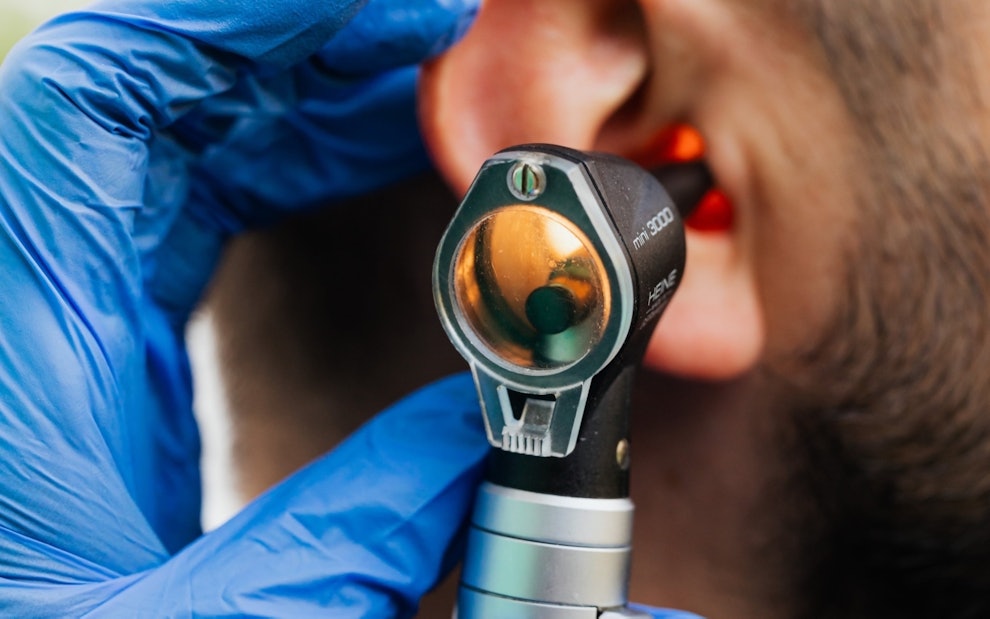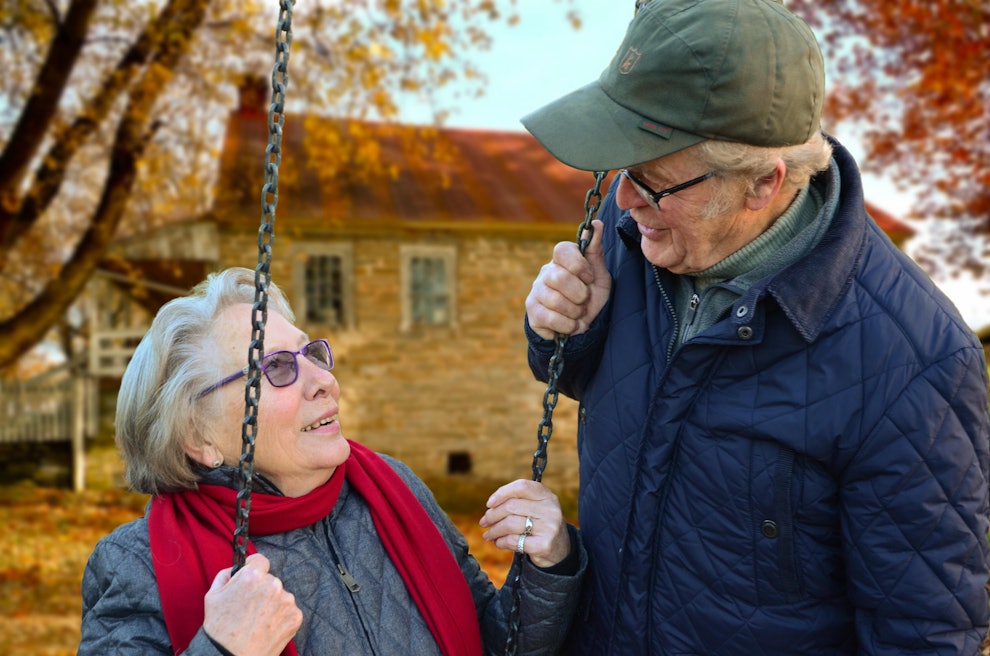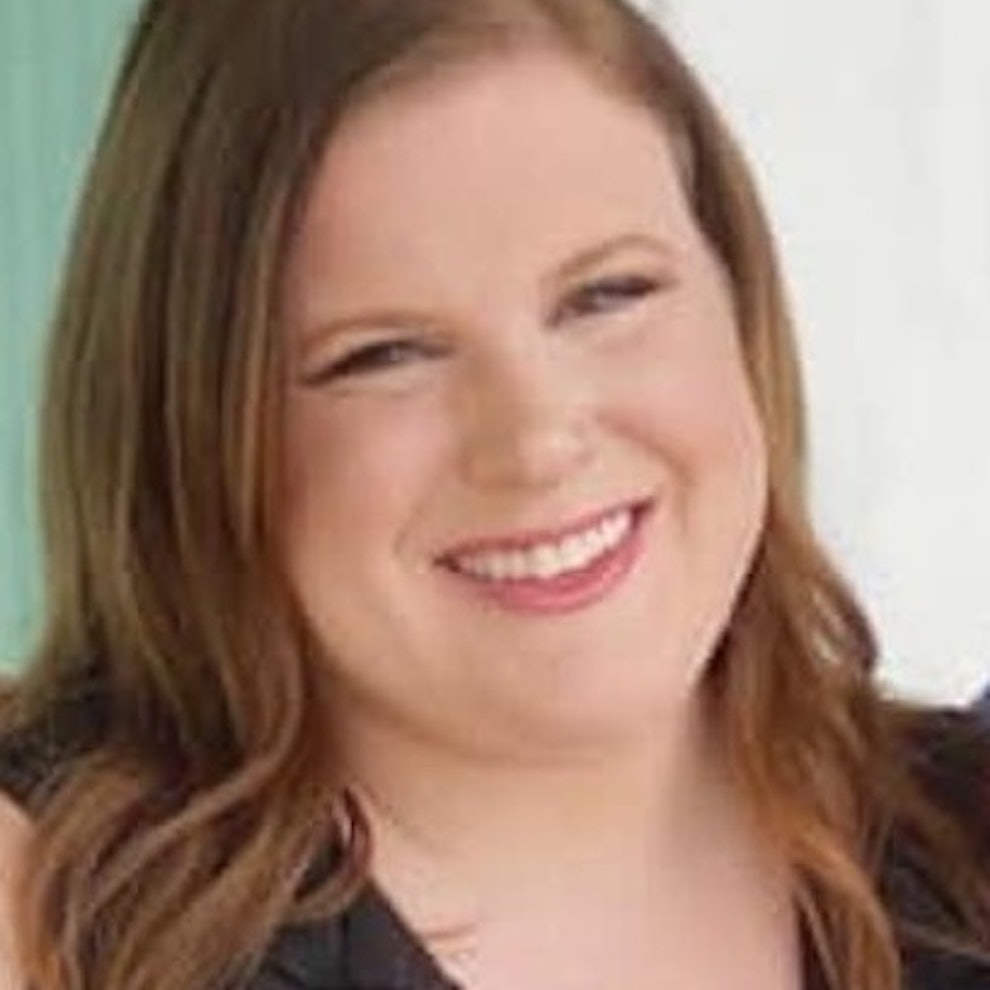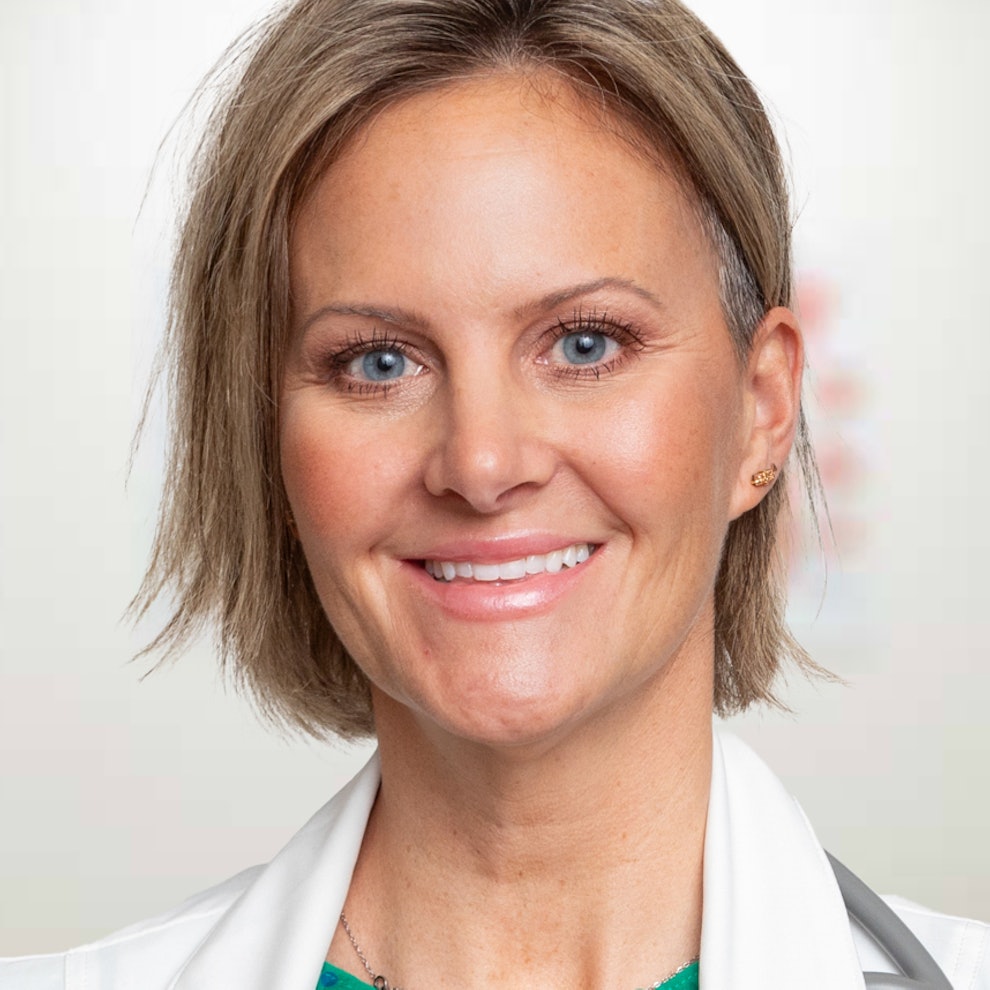How To Prevent Hearing Loss: Tips For Older Adults
Article at a glance
- Hearing loss becomes a common issue with aging.
- There are various reasons someone may lose their hearing in addition to aging including prolonged exposure to loud sounds.
- While some hearing loss is not preventable, there are still various ways to protect your hearing.

As people age, hearing loss may become a top concern. This article will explain tips and strategies for preventing hearing loss.
Types Of Hearing Loss
There are several different types of hearing loss. Below are some common forms of hearing loss.
Sudden Hearing Loss
Sudden hearing loss, also known as sudden deafness or sudden sensorineural (“inner ear”) hearing loss (SSHL), is unexplained hearing loss that occurs either all at once or over the course of a few days. SSHL is caused by an issue with the inner ear, specifically with its sensory organs. Sudden deafness often impacts only one ear.
Age-Related Hearing Loss
As people age, hearing loss becomes more and more commonplace. This is due to age-related hearing loss. Age-related change in hearing often occurs in both ears and is a gradual decline. One in three U.S. adults between the ages of 65 and 74 has hearing loss. There are a number of reasons why hearing loss occurs with age including changes in the middle ear and nerve pathways, certain health conditions that are more common in older adults, and more.
Tinnitus
Tinnitus is when someone perceives a sound (even though there are no external sounds present). Usually described as a ringing sound but can also present as a roaring or buzzing noise. Tinnitus is a common hearing issue, estimated to impact 10 to 25% of adults.
Tinnitus can improve and fade over time. However, sometimes it does progress. If someone experiences tinnitus for three months or more, it is considered chronic.
Noise-Induced Hearing Loss (NIHL)
Noise-induced hearing loss, or NIHL, is hearing loss that is caused by exposure to loud sounds over a prolonged period of time. NIHL can occur immediately or take time to develop. NIHL can also be temporary or permanent. This is a type of hearing loss that is preventable, however.

Hearing Loss Causes
There are various reasons why someone may lose their hearing including:
- Loud noise: Loud noises such as lawn mowers, listening to loud music, fireworks, etc. can permanently damage your hearing.
- Earwax or fluid buildup: A buildup of earwax or fluid in the ear can cause hearing loss by blocking sound waves that travel through the inner ear to the eardrum.
- A ruptured eardrum: A ruptured eardrum can contribute to hearing problems. There are multiple ways an eardrum can become injured including infection, pressure, or placing objects in the ear canal (including cotton swabs).
- Smoking: Research has shown that tobacco smoke can make you more likely to develop hearing problems and loss. If you smoke, quit. If you aren’t a smoker, second hand smoke should be avoided as much as possible as well.
- Certain health conditions: Some health conditions such as diabetes and high blood pressure can contribute to hearing loss. Other health problems that can impact hearing include some heart conditions, stroke, brain injuries, tumors, and bacterial ear infections.
- Certain medications: Some medicines can damage the inner ear, leading to permanent hearing loss. Some examples include cancer medications, antibiotics, and specific dosages of aspirin.
- Genetic variations: Hearing loss can also be due to genetics. If hearing loss runs in your family, it may cause issues for you as well.
How Does Hearing Damage Happen?
Loud noise is one of the most common causes of hearing loss. Sound levels are measured in decibels. The higher the decibel number, the louder the noise is. In general, 70 decibels or below is considered safe for hearing. Sounds 85 decibels and higher can result in hearing loss and damage.
The reason loud noise damages hearing is because it impacts the hair cells in the ear. Loud noise causes these cells to flex, damaging hearing over time. The average person is born with 16,000 hair cells within their cochlea, which is what allows us to detect sound waves in the first place. 30 to 50 percent of these hair cells can be damaged or even destroyed before hearing issues can even be detected. Once these hair cells are destroyed, the damage is usually irreversible.

Hearing Loss Symptoms & Signs
Signs of hearing loss include:
- Trouble hearing others on the telephone
- Difficulty keeping up in conversations involving two or more people
- Having to ask people to repeat themselves often
- Finding it necessary to turn the TV up so loud others complain
- Struggling to understand speech when there is background noise
- Thinking others mumble
- Issues understanding or hearing higher-pitched voices
How To Prevent Hearing Loss
While not all hearing loss is preventable, there are still ways to lessen hearing damage.
Monitor Your Volume
Protect your hearing by monitoring the noise levels of your headphones while listening to music, watching television, etc.
Tip: In order to diminish your chances of hearing loss, follow the 60:60 rule: listen to music at no more than 60% maximum volume for more than 60 minutes daily.
Wear Hearing Protection
Wear ear protection such as ear plugs, ear muffs, and other protective devices if you know you will be around loud sounds. Examples of loud noise to protect yourself from include rock concerts, power tools, nightclub music, etc.
Avoid Inserting Objects in Ears
Keep away from inserting objects into your ears, including cleaning your ears with cotton swabs. This can damage your hearing by hurting your eardrum.
Get an Annual Hearing Test
Finally, keep up to date with your hearing by getting an annual hearing test. If you have never received a hearing test before, start with a baseline hearing test to gauge where you are at currently.
Exercise Regularly
Exercise has a positive impact on hearing in a number of ways as it increases oxygen levels and blood circulation which keep the inner ear healthy.
Boost Vitamin Intake
Common vitamins that can improve hearing include:
- Vitamin B12
- Potassium
- Magnesium
Iron can be important as well since conditions like iron deficiency anemia can lead to an increased risk of hearing loss. Be sure to speak with your doctor about holistic ways to boost your nutrient levels in order to better your hearing.
How to Know When It’s Too Loud
Sometimes it is difficult to discern when it’s too loud. Some signs that an environment has become too noisy include:
- Needing to speak up: If you and someone else you’re speaking to need to talk louder than normal, this is a sign that it’s too noisy.
- Needing to move closer to hear someone else: If you have to move closer than three feet in order to hear another person, that is a signal that it is too loud around you.
- Your hearing is muffled after the event: Muffled or dulled hearing after being in a loud environment means that your hearing was damaged by the noise.
- Your ears hurt or are ringing post-event: This means with absolute certainty that your event was too loud.
When To See A Healthcare Provider For Hearing Loss
If you are noticing signs of hearing loss or are concerned about future hearing loss, talk to a healthcare provider or hearing professional about your worries.
FAQ
At what age is hearing loss considered normal?
Age-related hearing loss often occurs within the 60s and 70s. That said, statistically speaking, most adults begin to notice changes to their hearing starting in their 40s.
What type of doctor helps with hearing loss?
A doctor that specializes in hearing and hearing loss is known as an audiologist.
Is hearing loss reversible?
No. While hearing loss can progress and become worse, unfortunately, once the damage is done, there is no way to reverse it. That said, hearing loss caused by infections or earwax can get better.
Sources
https://www.cdc.gov/nceh/hearing_loss/how_do_i_prevent_hearing_loss.html
https://www.nia.nih.gov/health/hearing-loss-common-problem-older-adults
https://www.forbes.com/health/hearing-aids/how-to-prevent-hearing-loss/
https://www.happyearshearing.com/top-10-tips-to-prevent-hearing-loss/
https://www.cdc.gov/nceh/hearing_loss/how_does_loud_noise_cause_hearing_loss.html
Become a patient
Experience the Oak Street Health difference, and see what it’s like to be treated by a care team who are experts at caring for older adults.




